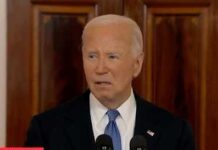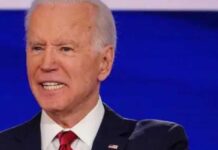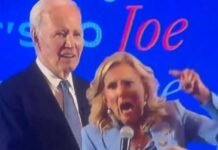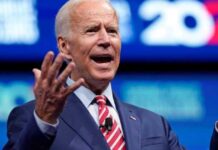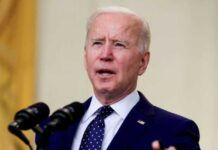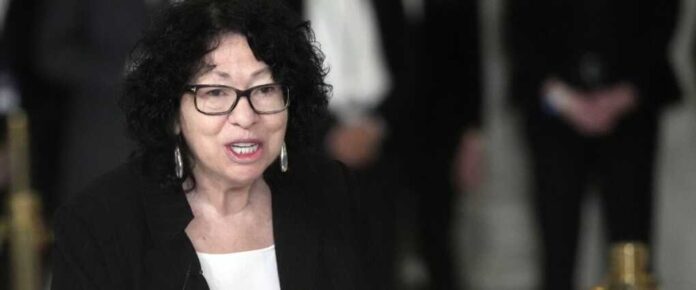
In a landmark decision on Monday, the U.S. Supreme Court ruled in favor of former President Donald Trump. The 6-3 decision holds that presidents are covered by limited immunity from criminal prosecutions for actions taken while in office. This ruling has significant implications for the scope of presidential power and the legal protections afforded to current and former presidents.
The Court’s ruling is rooted in the constitutional principle of separated powers. The majority opinion, penned by Chief Justice John Roberts, asserts that a former president is entitled to absolute immunity from criminal prosecution for actions within his official capacity. However, this immunity does not extend to unofficial acts.
Roberts articulated the gravity of this decision, stating, “This case poses a question of lasting significance: When may a former President be prosecuted for official acts taken during his Presidency? Our Nation has never before needed an answer. But in addressing that question today, unlike the political branches and the public at large, we cannot afford to fixate exclusively, or even primarily, on present exigencies.”
In essence, the Court is saying that while the President is not above the law, Congress cannot criminalize actions taken by the President in the course of executing his constitutional duties. This principle aims to preserve the separation of powers and ensure an energetic, independent Executive Branch.
Justice Sonia Sotomayor, leading the Court’s liberal dissenters, expressed strong opposition. She argued, “Never in the history of our Republic has a President had reason to believe that he would be immune from criminal prosecution if he used the trappings of his office to violate the criminal law. Moving forward, however, all former Presidents will be cloaked in such immunity. If the occupant of that office misuses official power for personal gain, the criminal law that the rest of us must abide will not provide a backstop.”
However, Sotomayor also wrote something that was equally disturbing and had no business being in her dissent.
Justice SOTOMAYOR:
“Orders the Navy's Seal Team 6 to assassinate a political rival? Immune. Organizes a military coup to hold onto power? Immune. Takes a bribe in exchange for a pardon? Immune. Immune, immune, immune…the President is now a king above the law." pic.twitter.com/5GmYkjEs7s
— John Reeves (@reevesjw) July 1, 2024
We are going to take a screenshot detailing what liberals are saying commenting on a post from CNN’s Kaitlin Collins:
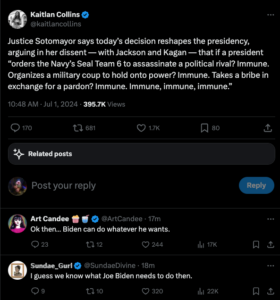
That is incredibly disturbing.
Masks are off pic.twitter.com/LTfcroLxLS
— BowTiedRanger (@BowTiedRanger) July 1, 2024


